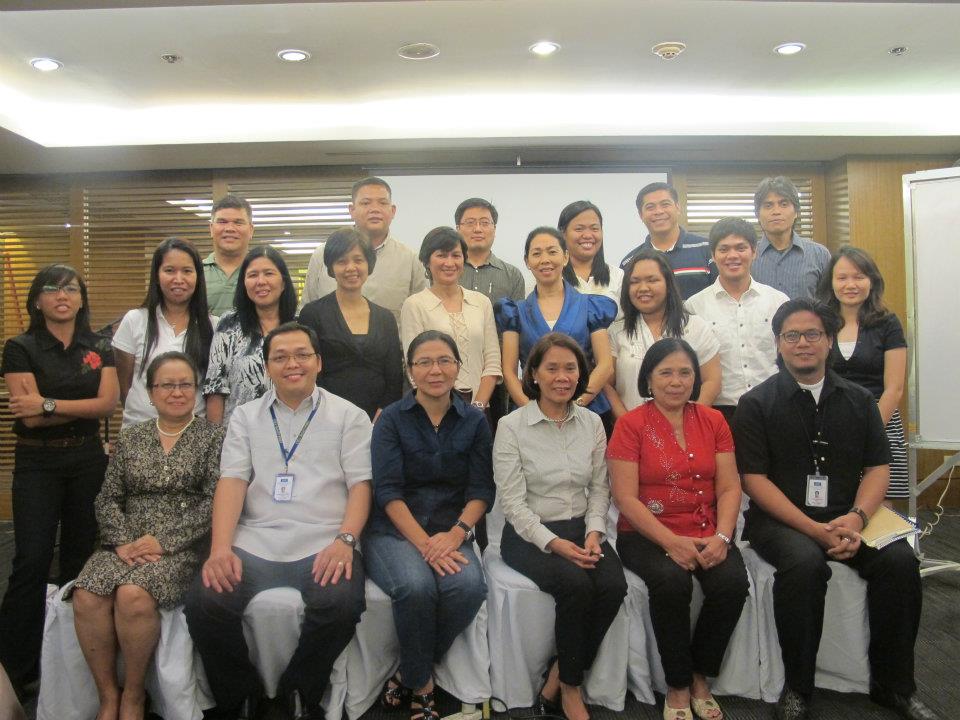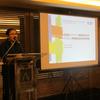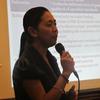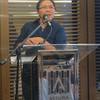The Affiliated Network for Social Accountability – East Asia Pacific (ANSA-EAP), with support from Australian Agency for International Development (AusAID), conducted a public presentation of its civil society organization (CSO) mapping exercise results on 15 June 2012 at Astoria Plaza, Pasig City. Implemented under the Philippine Desk Program of ANSA-EAP, the information-sharing event was the culminating activity of the eight-month mapping exercise conducted in fourteen (14) provinces in Regions 5, 6 and 10 that aimed at assessing the actual presence, reach and capacities of CSOs and citizen groups to optimize and respond to the widening space for citizen participation in governance. The mapping exercise was also part of the overall strategy of ANSA-EAP to strengthen civil society engagement in public procurement processes and local monitoring of government programs.
Key issues of the sharing and discussion were:
- Capacities. For observers and monitors to effectively discharge their functions, continuous capacity building and retooling are necessary. However, a good balance of continuously learning the technicalities of government procurement processes and engaging constructively should always be maintained.
- Resources and Sustainability. While there are trained CSO monitors who are willing to observe and monitor government’s procurement activities, local CSOs are still confronted with resources issues to continuously deploy monitors.
- Reporting. A direct feedback or report from observers and monitors is necessary to ascertain that procurement activities are held in accordance with GPRA provisions. This requires competencies from local monitors and observers but also have to be complemented by a system of consolidation, coordination and response to the reports from the side of the government. The collated CSO monitors’ report can also help build analytics that will be useful for popular education
- Security of CSOs. Considering the magnitude of accountability that is expected from local CSO monitors to report variances in the procurement process, this requires a more institutionalized support mechanism that would lessen the vulnerability of CSO monitors .
Director Aida Carpentero (Department of Education) and Atty. Dennis Santiago (Government Procurement Policy Board) both expressed their appreciation and support for ANSA-EAP’s initiatives and their contributions to overall procurement reform in the country. Atty. Santiago also underscored GPPB’s commitment to harness citizen feedback and improve the reporting system between local monitors and government.











